.png)
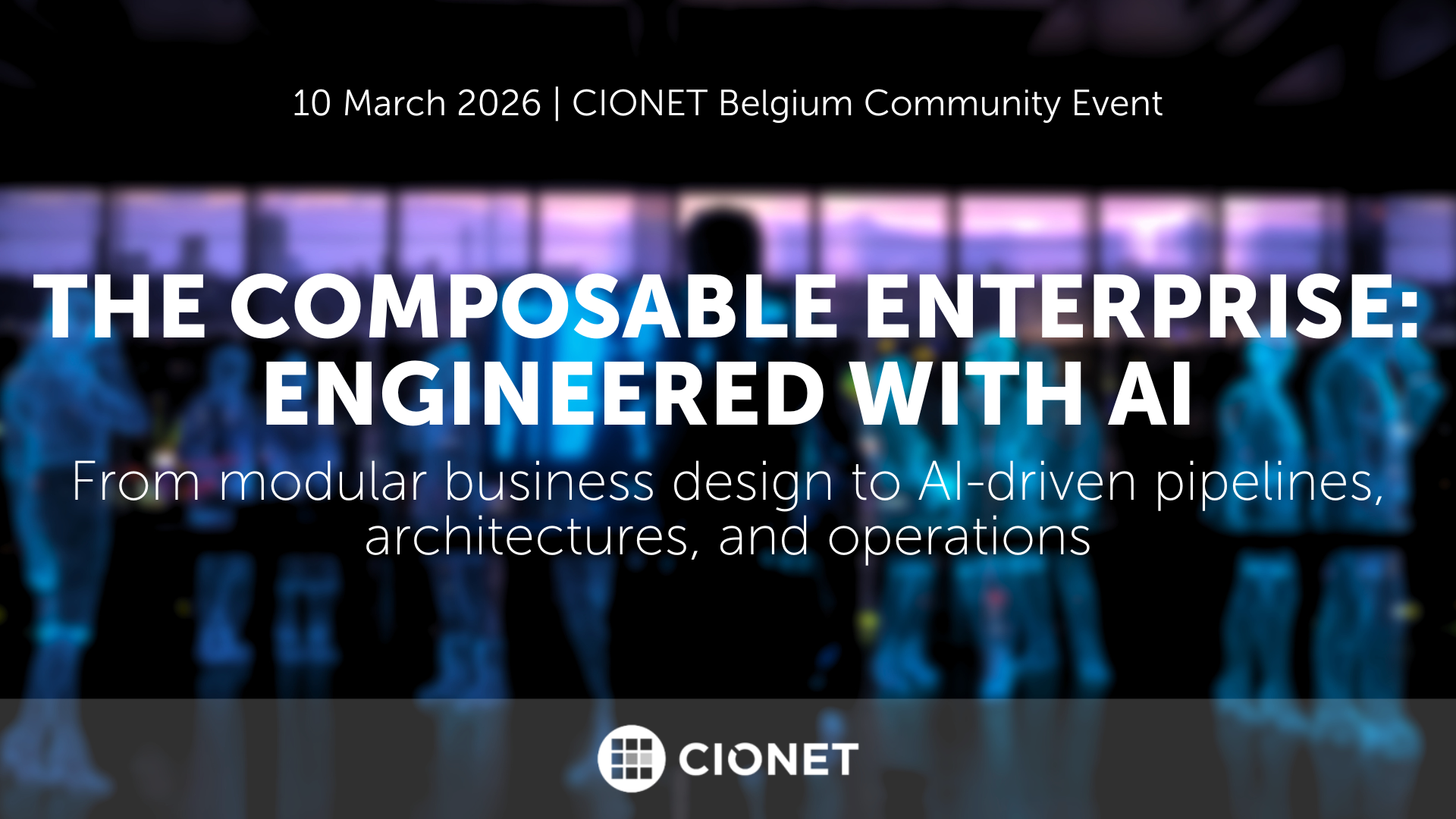
Belgium 10-3-26 All Members Physical english
From modular business design to AI-driven pipelines, architectures, and operationsA composable enterprise is built on modular processes, API-driven ecosystems, low-code platforms, and cloud-native services. It promises speed and adaptability by allowing organisations to reconfigure their capabilities as conditions change. However, modular design alone does not guarantee resilience; the way these systems are engineered and operated is just as important.This is where AI is beginning to make a difference. Beyond generating snippets of code, AI is already influencing how entire systems are developed and run: accelerating CI/CD pipelines, improving test coverage, optimising Infrastructure-as-Code, sharpening observability, and even shaping architectural decisions. These changes directly affect how quickly new business components can be deployed, connected, and retired.In this session, we will examine how CIOs can bring these two movements together:Composable design is the framework for flexibility and modularity.AI-augmented engineering is the force that delivers the speed, quality, and intelligence needed to sustain it.The pitfalls of treating them in isolation: composability that collapses under slow engineering cycles, or AI that only adds complexity without a modular structure.The discussion goes beyond concepts to practical implications: how to architect organisations that can be recomposed at speed, without losing control or reliability. The outcome is an enterprise that is not only modular in design but also engineered to adapt continuously under real-world conditions.
Read More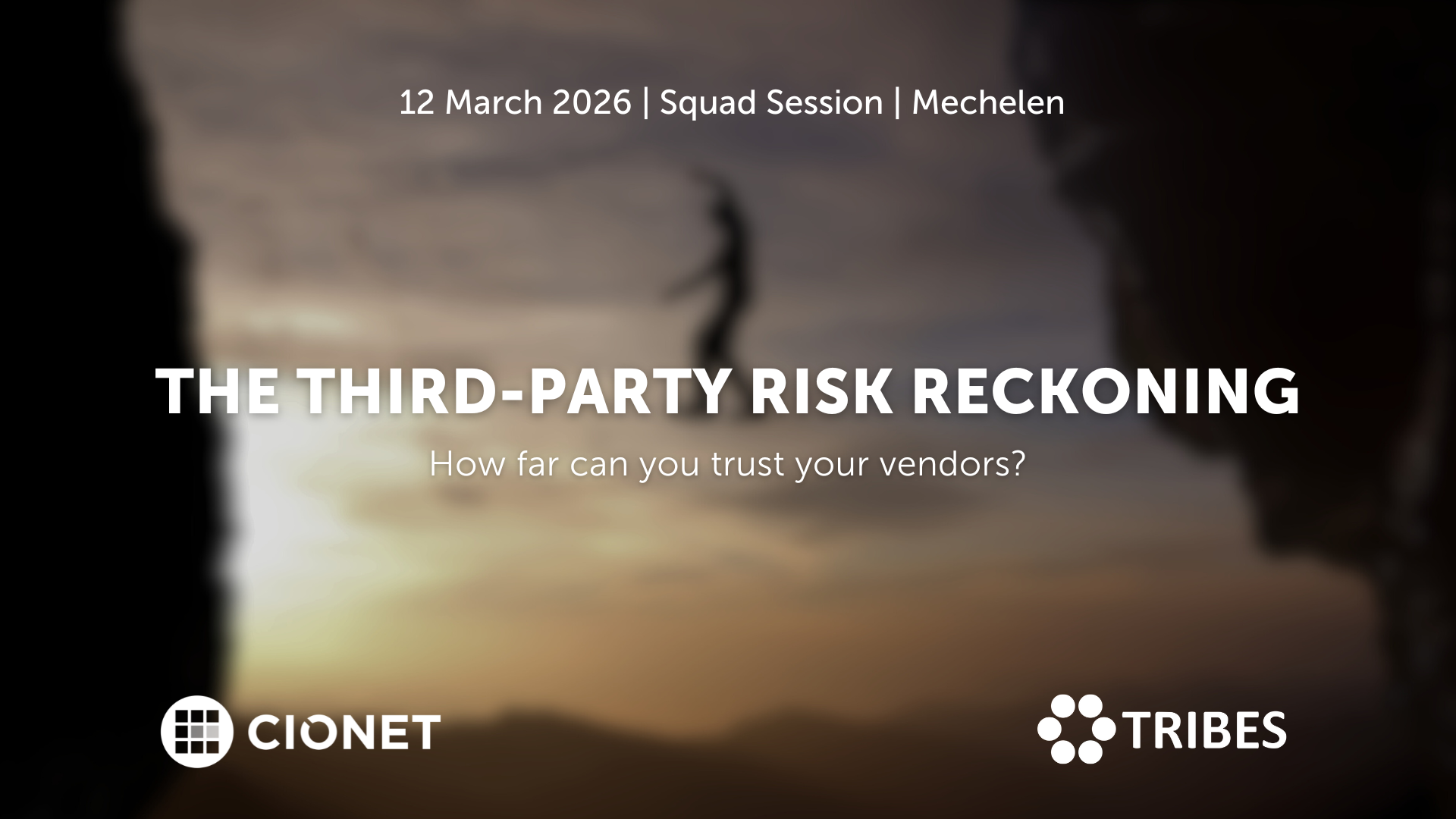
Belgium 12-3-26 Physical english
Tomato! Tomato! Tomato! Get your tomato now! Every vendor sells security. And every company depends on vendors, partners, and suppliers. The more digital the business becomes, the longer that list grows, and so does the attack surface. One weak link, and there is always one, or one missed update, and trust collapses faster than any firewall can react. What used to be a procurement checklist has become a full-time discipline. Questionnaires, audits, and endless documentation prove that everyone’s “compliant,” yet incidents keep happening. So it’s clear: the issue isn’t lack of policy, or maybe a bit, but mostly lack of visibility. Beyond a certain point, even the most secure organisation is only as safe as its least prepared partner (or an employee who hadn’t had their morning coffee). So how far can you trust your vendors? How do you check what you can’t control? And when does assurance become theatre instead of protection? Does it come at a different cost? Let’s exchange what works and what fails in third-party risk management: live monitoring, shared responsibility models, contractual levers, and the reality of building trust in a chain you don’t own. A closed conversation for those redefining what partnership means when risk is shared but accountability isn’t.
Read More.jpg)
Belgium 19-3-26 Country Members Physical french
Moins de Partenaires : La consolidation vaut-elle le risque ? Le problème est la prolifération des fournisseurs : trop d'outils causant de la complexité, une taxe d'intégration paralysante et de la redondance. La Taxe d'Intégration est le coût caché (en temps, en échecs et en ressources) d'essayer de faire fonctionner ensemble des systèmes disparates. Cet échange se concentre sur des stratégies éprouvées pour simplifier de manière agressive le parc technologique, consolider les fournisseurs et élever certains fournisseurs clés au rang de partenaires stratégiques.
Read More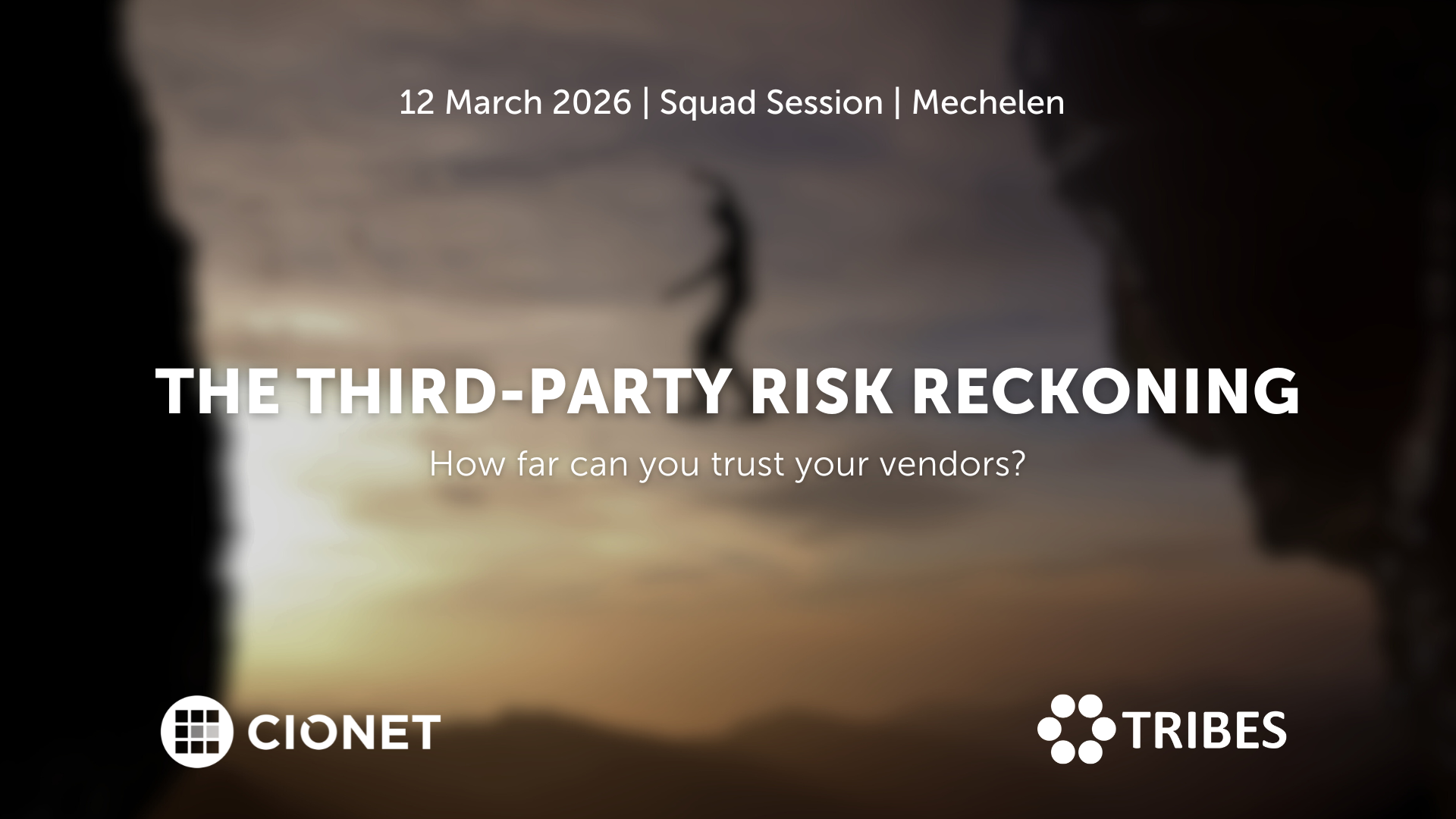
March 12, 2026 Squad Session Invitation Only Physical english
Tomato! Tomato! Tomato! Get your tomato now! Every vendor sells security. And every company depends on vendors, partners, and suppliers. The more digital the business becomes, the longer that list grows, and so does the attack surface. One weak link, and there is always one, or one missed update, and trust collapses faster than any firewall can react.
Read More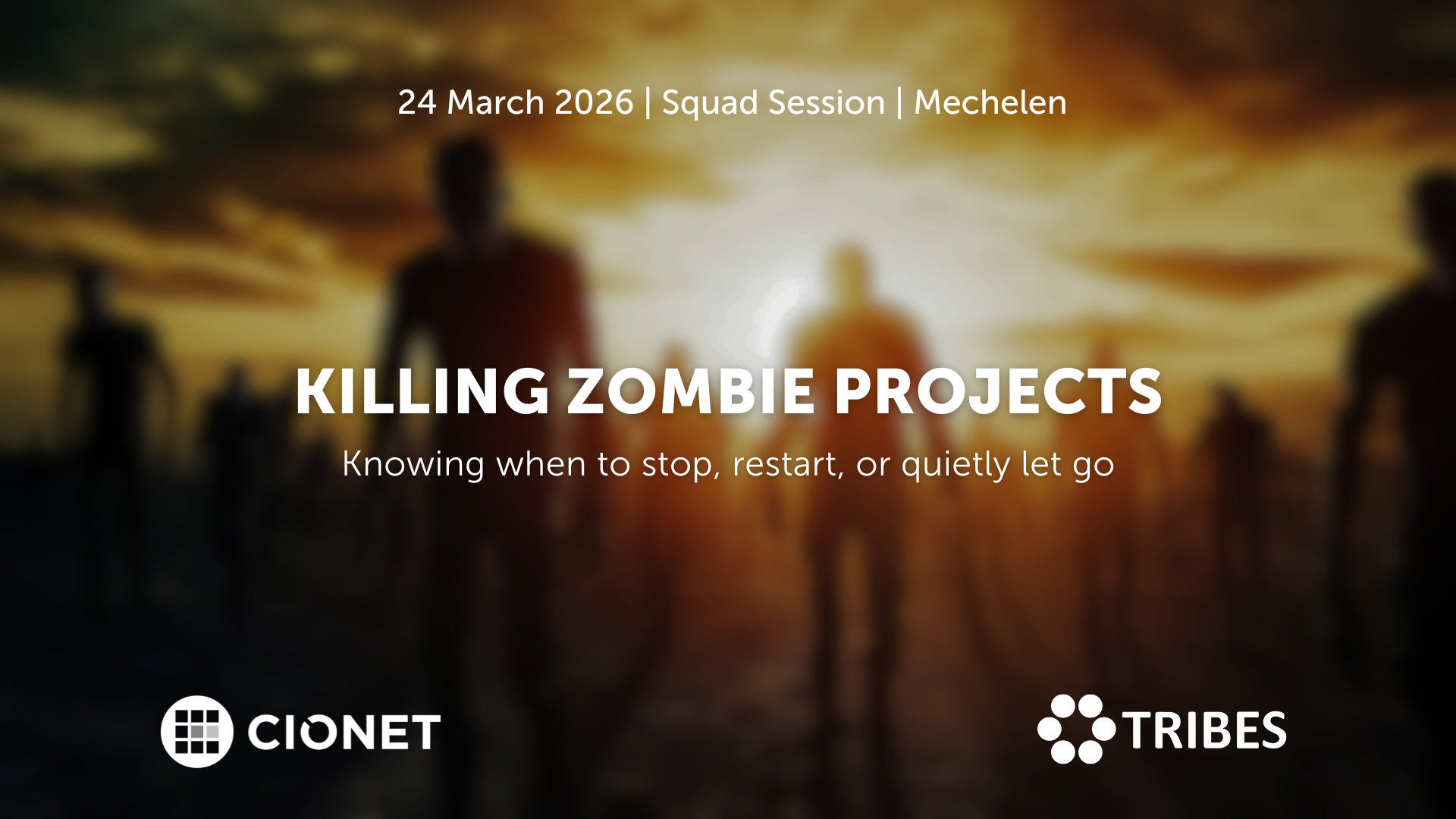
March 24, 2026 Squad Session Invitation Only Physical english
Every organisation has them, projects that keep running long after their purpose has faded. No one remembers who asked for them, but shutting them down feels riskier than keeping them alive. And eventually, people stay assigned, budgets stay allocated, and energy drains into work that no longer matters. Inertia at its finest.
Read More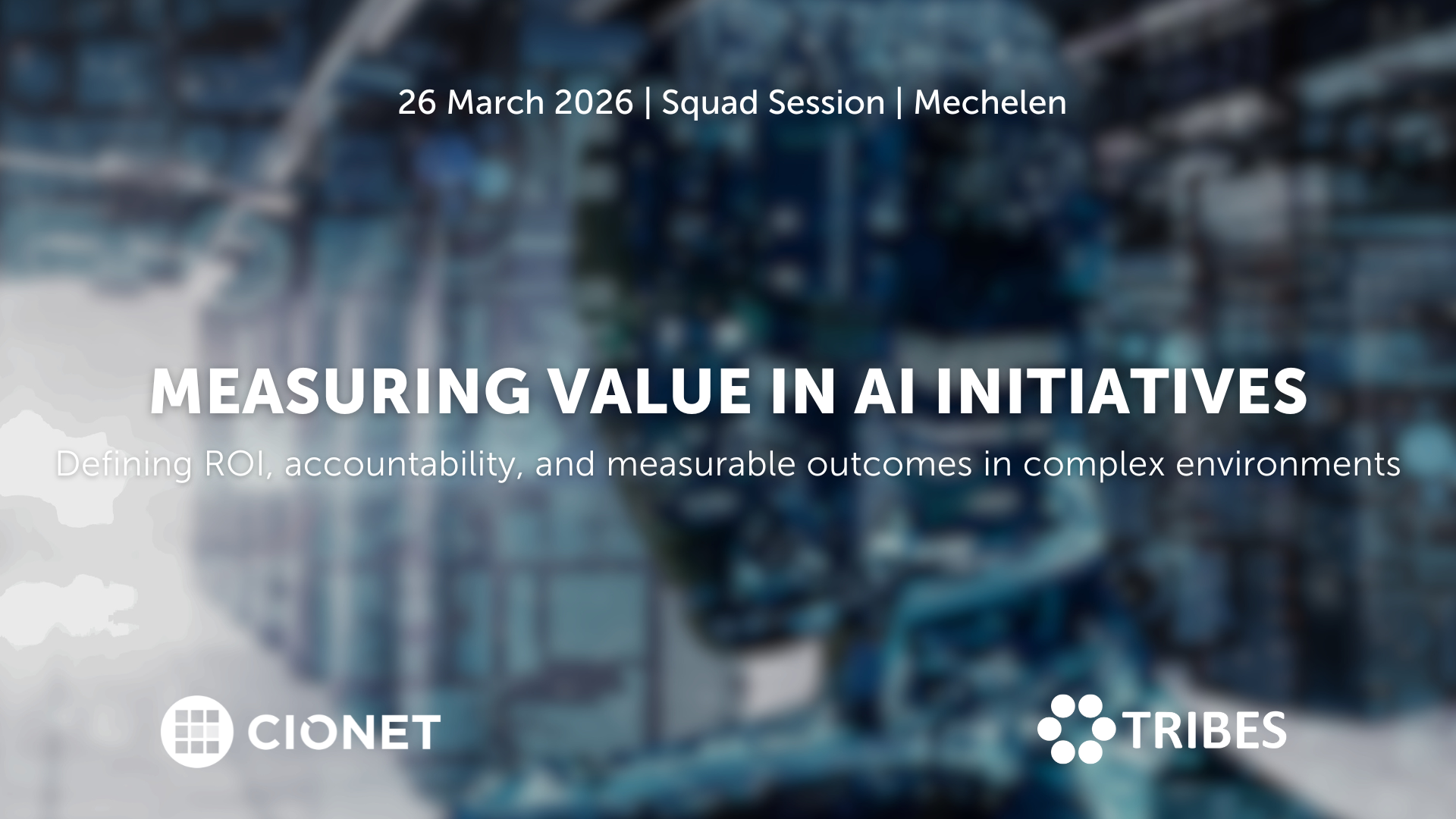
March 26, 2026 Squad Session Invitation Only Physical english
AI projects continue to multiply, but proving their value remains difficult. Most organisations can track activity, not impact. Dashboards count pilots and models, yet few translate to measurable business outcomes. The result is familiar: success stories without clarity on what they actually delivered.
Read More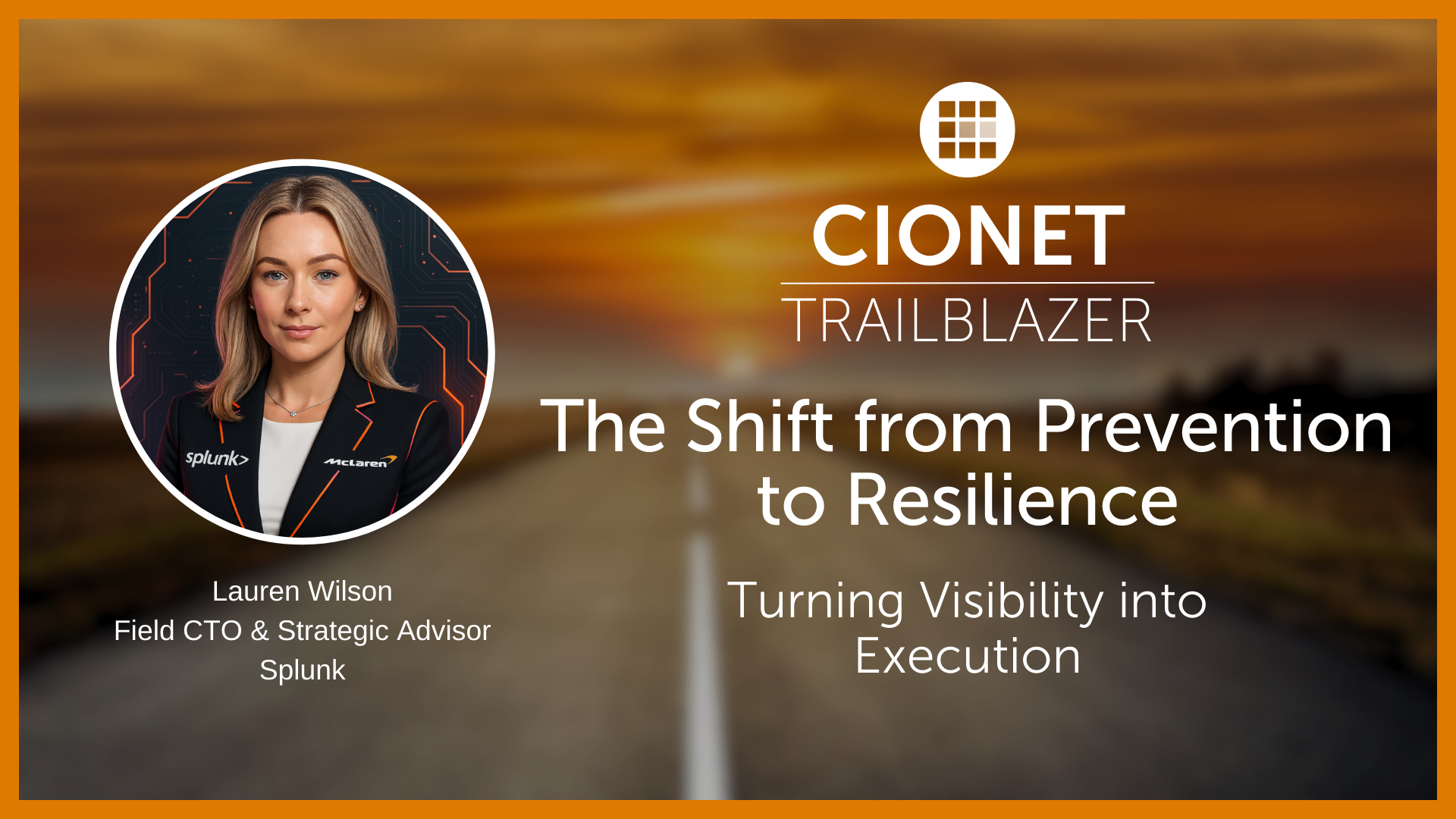
CIONET Trailblazer: CISO: The Shift from Prevention to Resilience: Turning Visibility into Execution
Published on: January 28, 2026 @ 9:48 AM
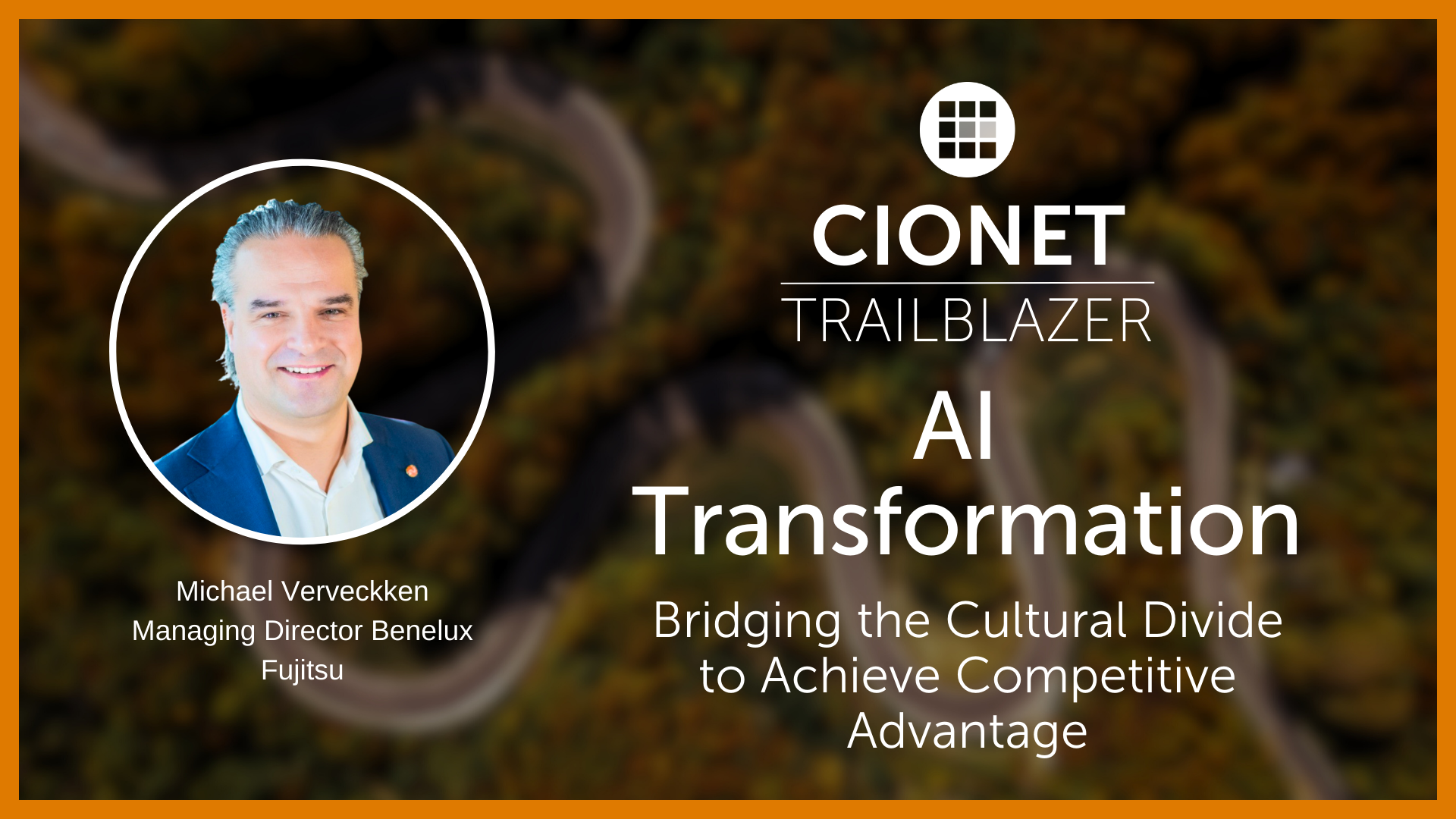
CIONET Trailblazer: AI Transformation: Bridging the Cultural Divide to Achieve Competitive Advantage
Published on: December 17, 2025 @ 9:16 AM
Estée Lauder applies AI, AR for cosmetics accessibility
The cosmetics giant has released its Voice-enabled Makeup Assistant, which leverages artificial intelligence and augmented reality to help visually impaired people use cosmetics.
How can we help visually impaired individuals use our products and feel more self-reliant and confident? That’s the question The Estée Lauder Companies (ELC) set out to answer in 2022 with the help of AI and augmented reality (AR).
The result is the Voice-enabled Makeup Assistant (VMA), now fully launched in the UK and US, and soon to debut worldwide. The project also earned ELC a 2023 CIO 100 Award in IT Excellence.
“We set out to address a significant business problem in the beauty industry, and that’s the lack of accessible solutions,” says Michael Smith, ELC SVP and CIO. “There are 2.2 billion people globally that have some type of visual impairment. There’s over two million in the UK alone, which is our pilot market. But it’s more than just a business opportunity. It’s also something that aligns with our mission to be the most inclusive and diverse beauty company in the world, both for our employees and all our consumers.”
Christopher Aidan, ELC’s VP of innovation and emerging technologies, adds that visually impaired people often must rely on others for help, so the vision for VMA was to use ELC’s existing Augmented Reality Immersive Application (ARIA) platform, which leverages AR, AI, and machine learning (ML) algorithms to analyze makeup on a user’s face. VMA then uses voice guidance to help the user create their ideal look.
VMA is a mobile app that leverages the preferences the user has already configured on their device for voice controls, but it also gives the option to customize the voice and its speed using the accessibility settings.
While Aidan’s team was able to build the app relatively quickly, the research stages to get to that point proved challenging. With inclusivity as the project’s guiding principle, the team recognized the need for the app to accommodate all shapes, sizes, shades, and unique features of any potential user’s face. Ensuring the AI could adapt and react to the diversity of colors, shades, facial features, hair, and other inclusions made the AI training process more complex than initially anticipated, requiring a wide diversity of faces for the training corpus.
The original design involved taking a selfie, which the algorithm analyzed to assess the uniformity of application and then provided guidance to the user. It didn’t take long, though, for the team to instead utilize real-time video the app could use to scan the user’s face. For instance, if the video shows the user has applied foundation or lipstick unevenly, the app provides verbal descriptions of the specific areas that need a touchup and guidance to correct the issue. The user can then make adjustments, rescan, and the app will provide a prompt when everything is correctly applied.
First priority, however, was for Aidan and his team to directly engage with the visually impaired community. “We really wanted to gain an understanding of what their unique needs were, their pain points and preferences, and what they desired from our products,” he says. “We pulled together focus groups and asked questions, but mostly listened to them about their personal experiences with makeup and technology.”
Importantly, he says, some focus group members were completely blind, some experienced varying degrees of low vision, and some had excellent peripheral vision. This enabled his team to gain insight from a variety of individual experiences and to question their own assumptions.
“We assumed that a natural, more humanistic sounding voice would be the preference for the implementation, but the user research confirmed that familiarity was actually most important to our users,” Aidan says. “Whatever they had set up on their device is what they wanted to experience.”
The team also partnered with internal advocacy groups at ELC, external advocacy groups, and experts in accessibility and inclusivity, and combined their insights with feedback from the focus groups to gather requirements for VMA. The team then leveraged the user research for everything from naming the application to getting the tone of voice just right.
“Throughout the design, build, and test phases, their feedback was informing our decisions, even the small features like being able to adjust the speed of the virtual assistant’s speech,” Aidan says.
The team has continued to monitor feedback on the app since its initial launch in the UK in January, and Aidan notes that even with extensive testing prior to launch, users have since identified new issues.
“We started getting questions no one had asked in all the early interviews,” he says. “What about when I remove product? Can you tell me if I did a good job removing it?”
Smith says ELC is measuring the success of VMA by user feedback, which has been as positive as it’s been constructive.
“One user said, ‘This is one of those apps where I’m going to wonder how I ever lived without it,’” Smith says. “The app allows them to feel empowered and to try out new products and avoid feeling like they have to rely on other people when they might feel hesitant to even ask. There’s no judgment from the app; it’s just honesty.”
Smith also says VMA doesn’t just benefit those who are visually impaired. For instance, young people who don’t have an adult in their lives to support them, or those who don’t feel comfortable asking an adult could use this app to learn how to apply makeup.
“I would challenge other CIOs to put a priority on creating more accessible and inclusive products,” he says. “When you design for all abilities and people in an inclusive way, you benefit everyone.”
330 Views 0 Likes Read More
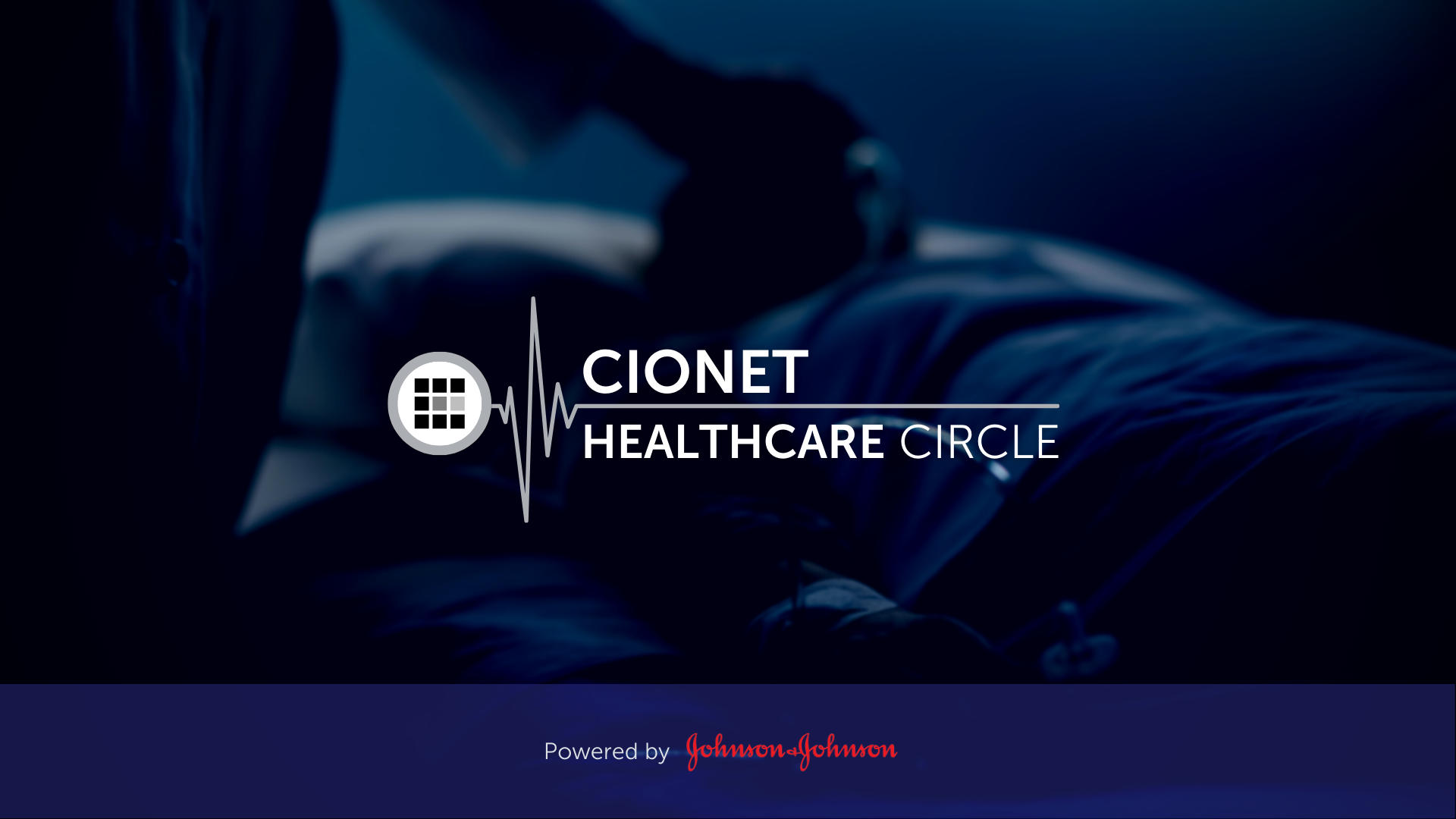
Digital Transformation is redefining the future of health care and health delivery. All stakeholders are convinced that these innovations will create value for patients, healthcare practitioners, hospitals, and governments along the patient pathway. The benefits are starting from prevention and awareness to diagnosis, treatment, short- and long-term follow-up, and ultimately survival. But how do you make sure that your working towards an architecturally sound, secure and interoperable health IT ecosystem for your hospital and avoid implementing a hodgepodge of spot solutions? How does your IT department work together with the other stakeholders, such as the doctors and other healthcare practitioners, Life Sciences companies, Tech companies, regulators and your internal governance and administrative bodies?
Read More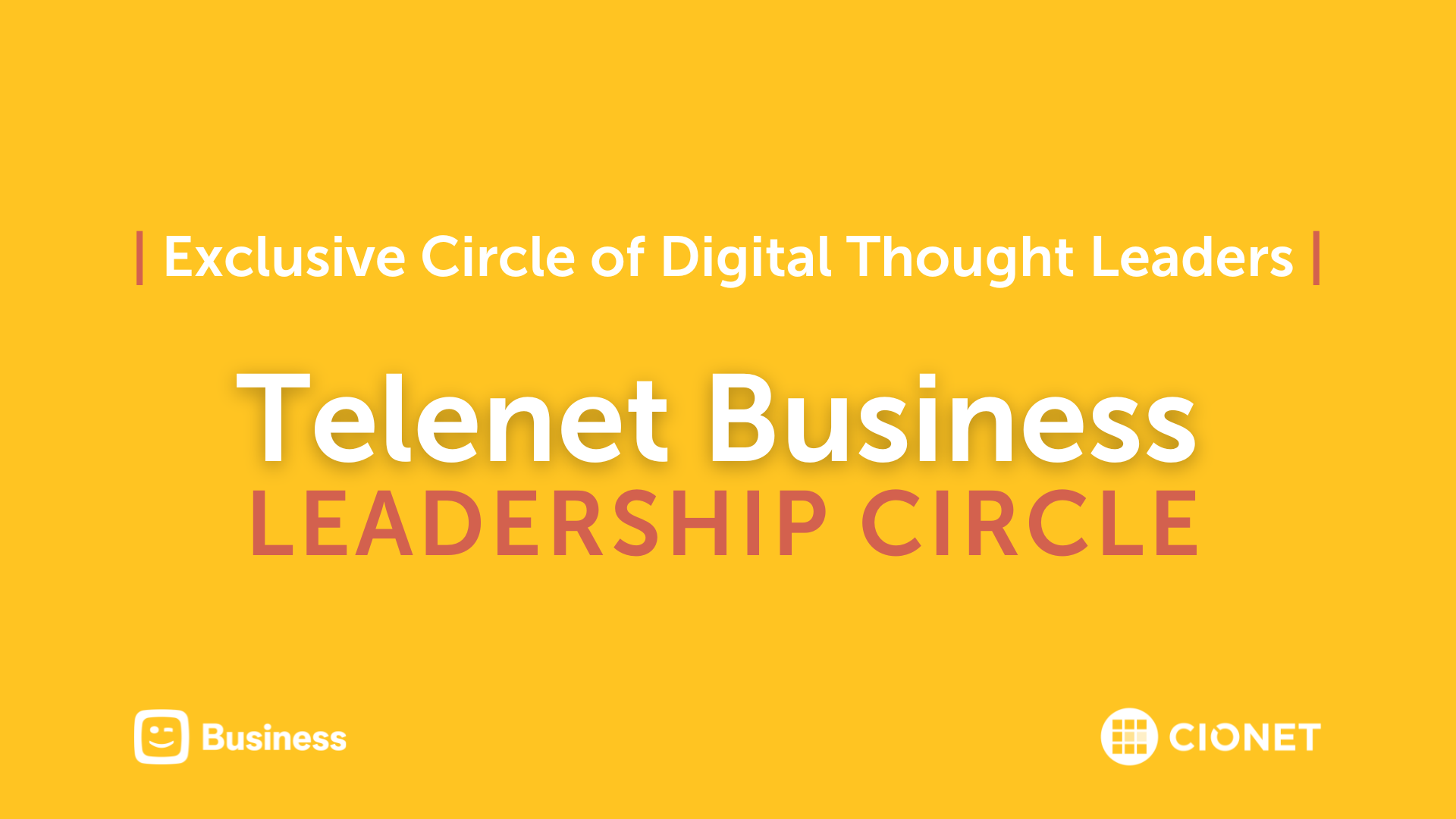
The Telenet Business Leadership Circle powered by CIONET, offers a platform where IT executives and thought leaders can meet to inspire each other and share best practices. We want to be a facilitator who helps you optimise the performance of your IT function and your business by embracing the endless opportunities that digital change brings.
Read More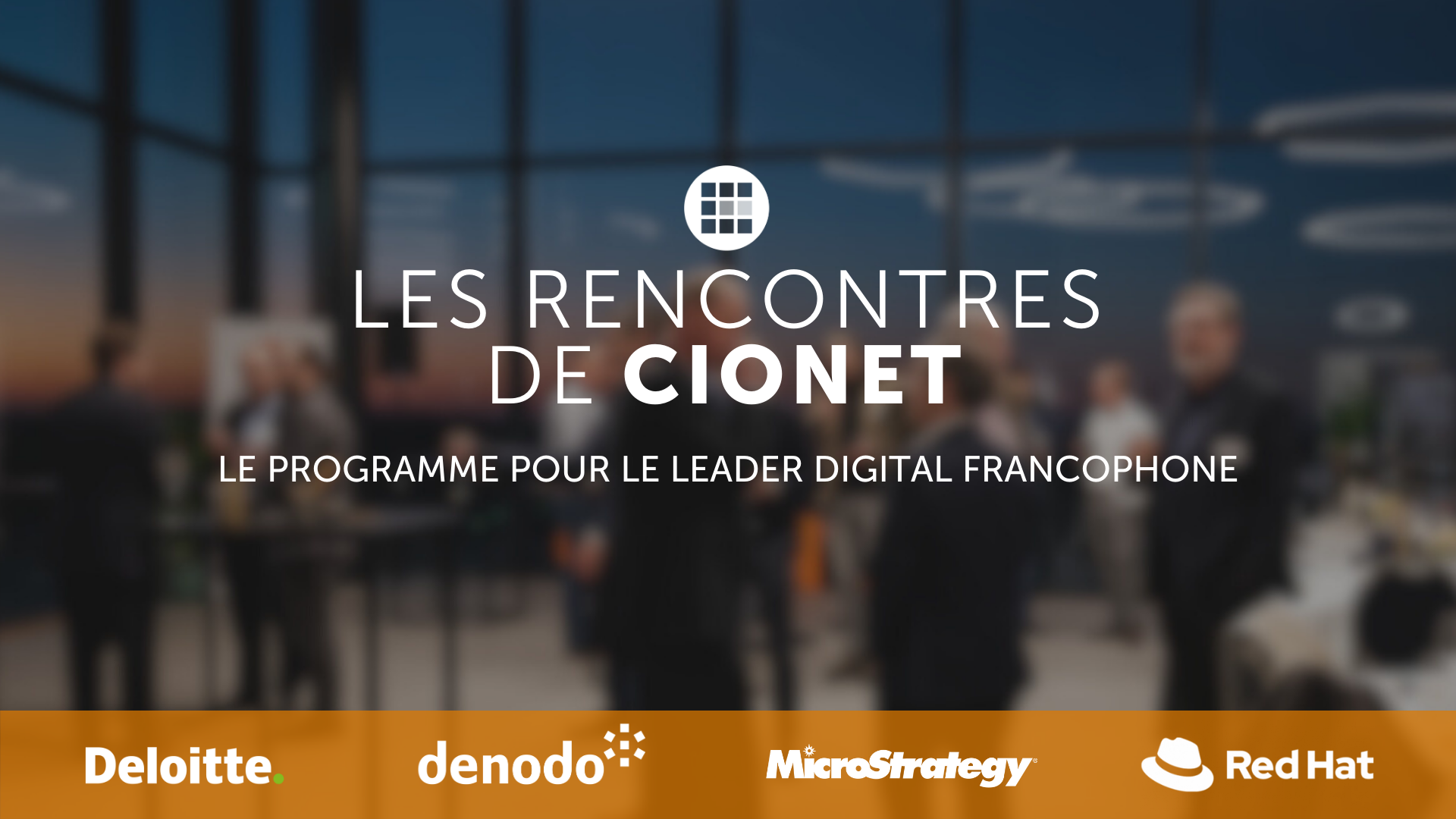
Découvrez la dynamique du leadership numérique aux Rencontres de CIONET, le programme francophone exclusif de CIONET pour les leaders numériques en Belgique, rendu possible grâce au soutien et à l'engagement de nos partenaires de programme : Deloitte, Denodo et Red Hat. Rejoignez trois événements inspirants par an à Liège, Namur et en Brabant Wallon, où des CIOs et des experts numériques francophones de premier plan partagent leurs perspectives et expériences sur des thèmes d'affaires et de IT actuels. Laissez-vous inspirer et apprenez des meilleurs du secteur lors de sessions captivantes conçues spécialement pour soutenir et enrichir votre rôle en tant que CIO pair. Ne manquez pas cette opportunité de faire partie d'un réseau exceptionnel d'innovateurs numériques !
Read More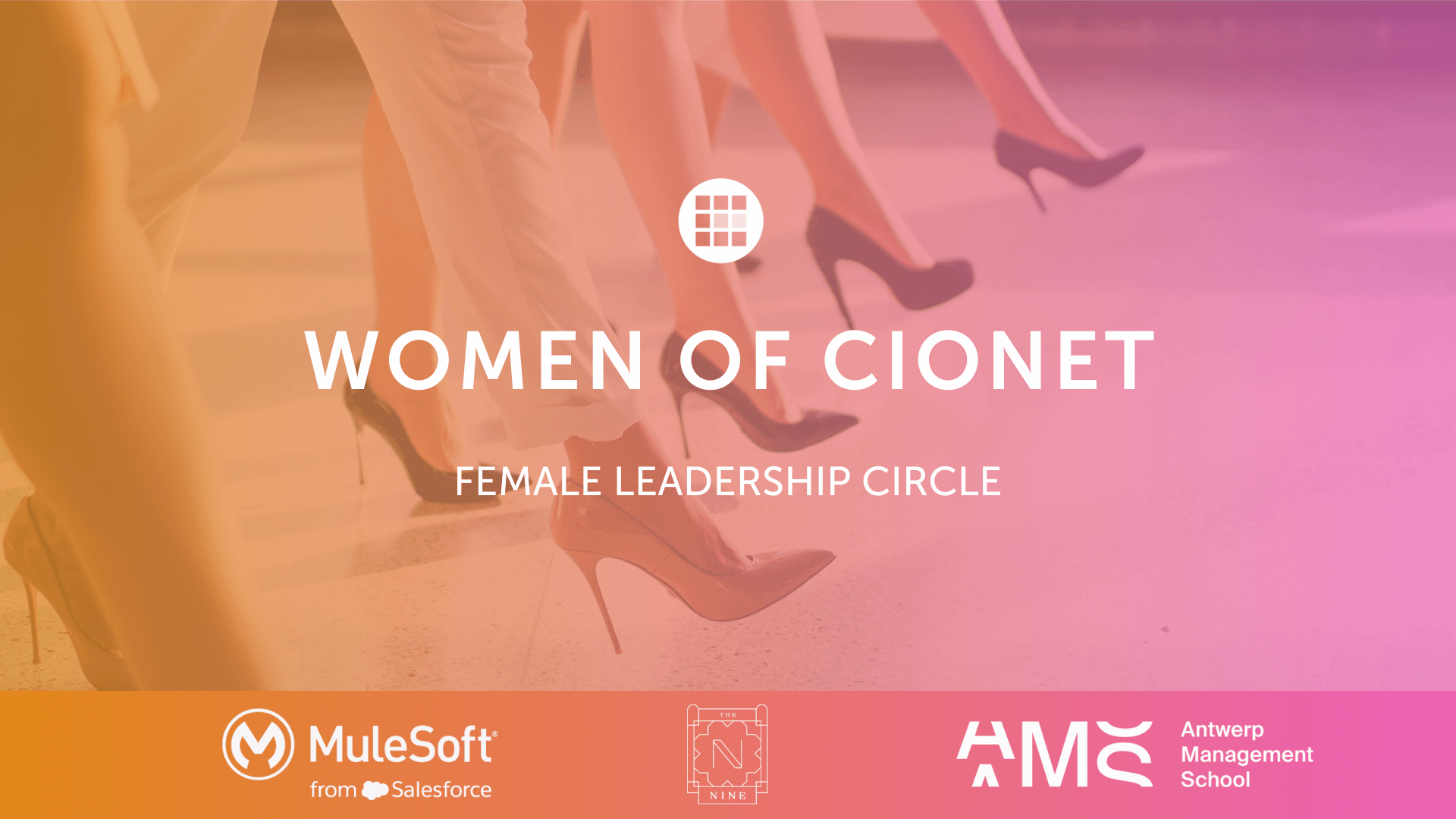
CIONET is committed to highlighting and celebrating female role models in IT, Tech & Digital, creating a leadership programme that empowers and elevates women within the tech industry. This initiative is dedicated to showcasing the achievements and successes of leading women, fostering an environment where female role models are recognised, and their contributions can ignite progress and inspire the next generation of women in IT. Our mission is to shine the spotlight a little brighter on female role models in IT, Tech & Digital, and to empower each other through this inner network community.
Read More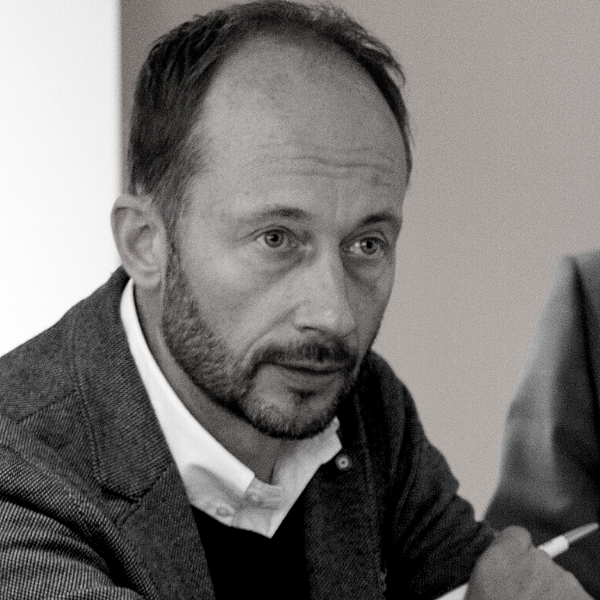


-Apr-01-2022-10-58-34-57-AM.png)



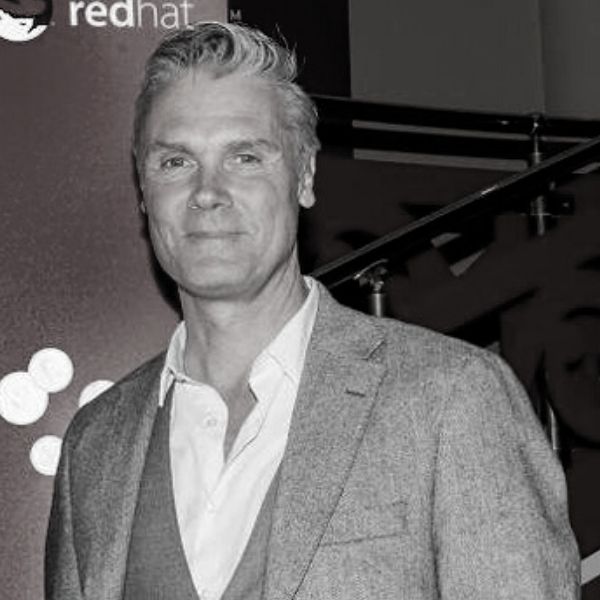


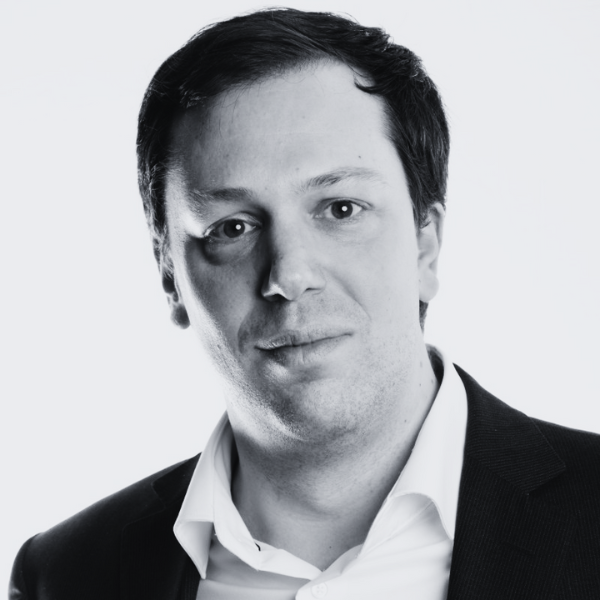


-Dec-13-2023-10-53-15-5032-AM.png)



-Jun-12-2023-01-23-11-7540-PM.png)
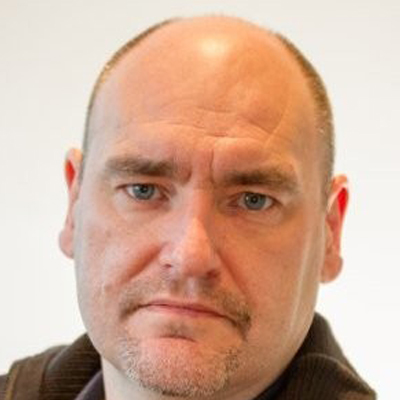
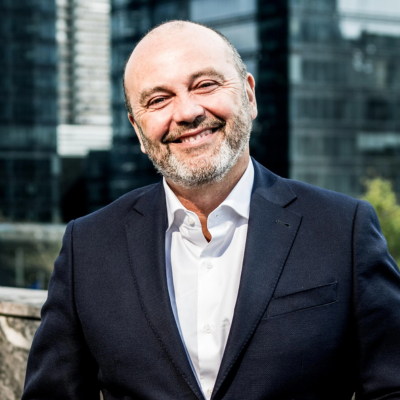

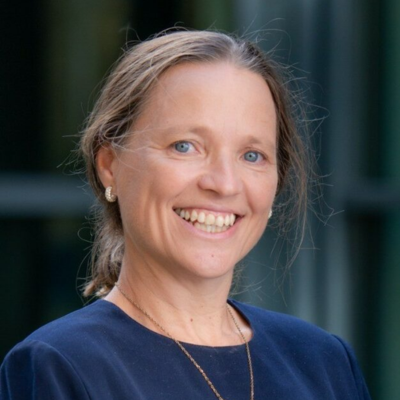
-Apr-01-2022-10-58-34-68-AM.png)
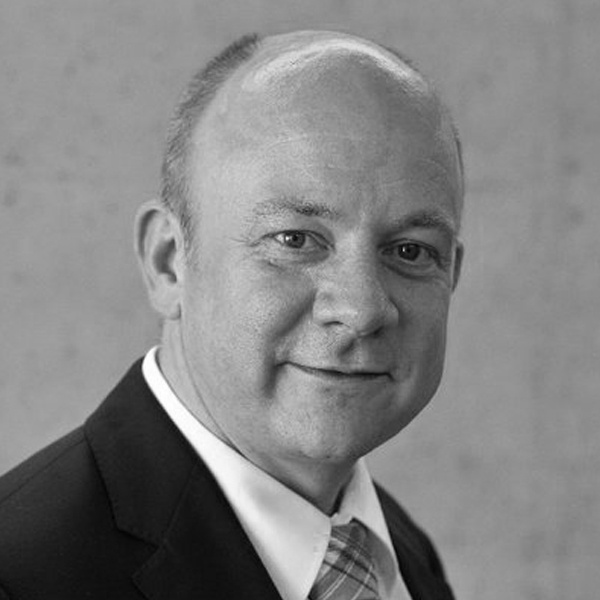
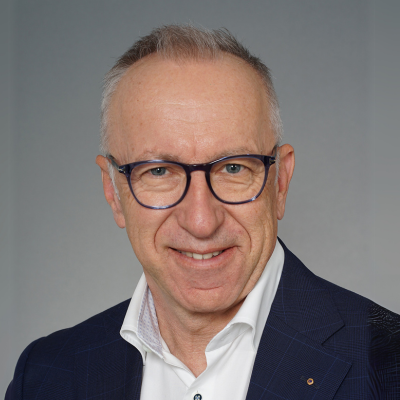
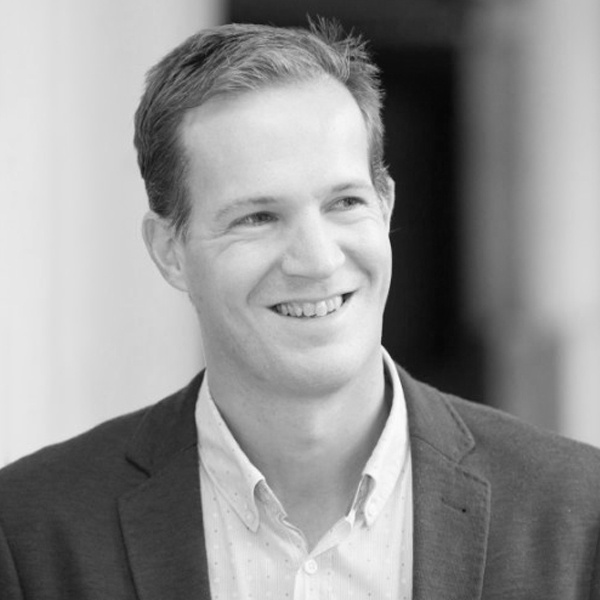
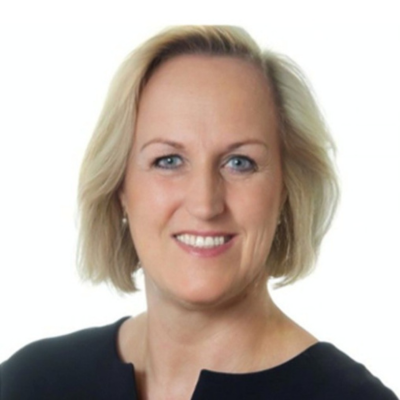
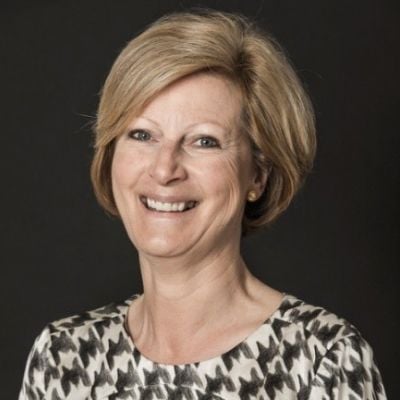

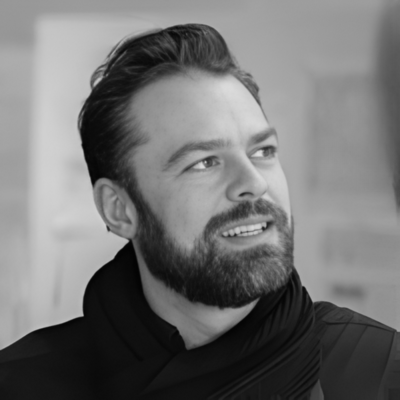

.png)
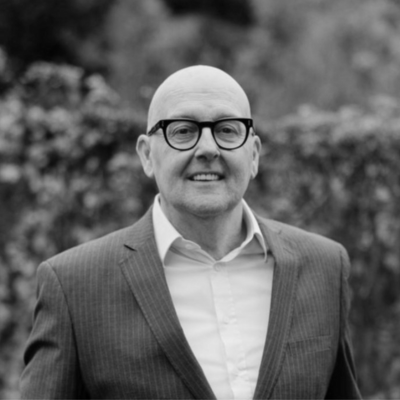
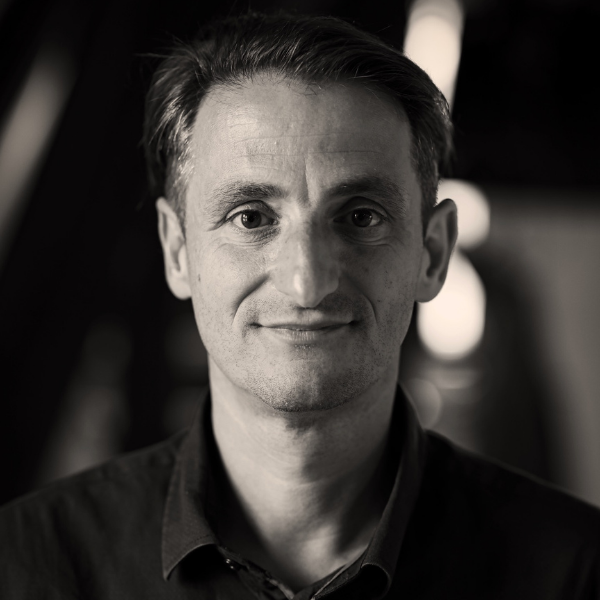
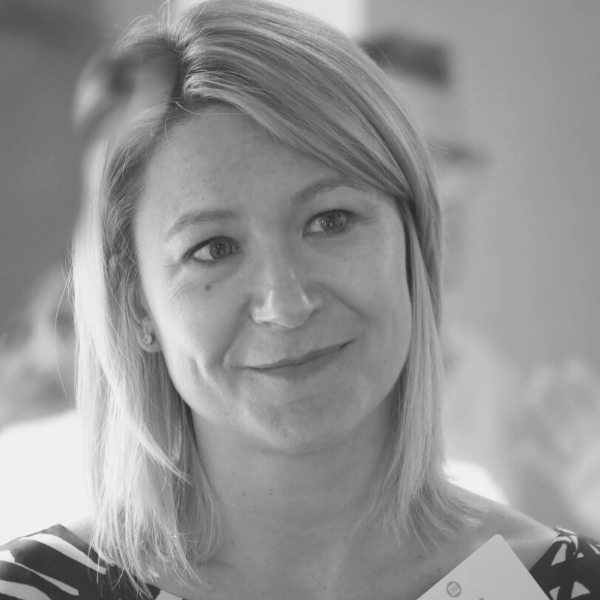

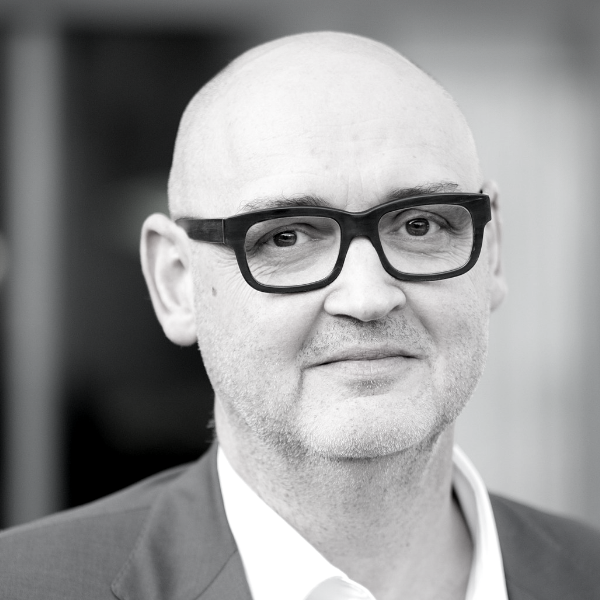


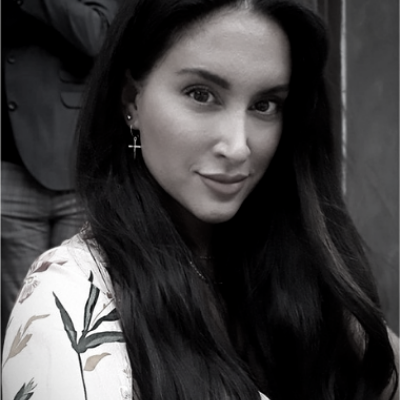
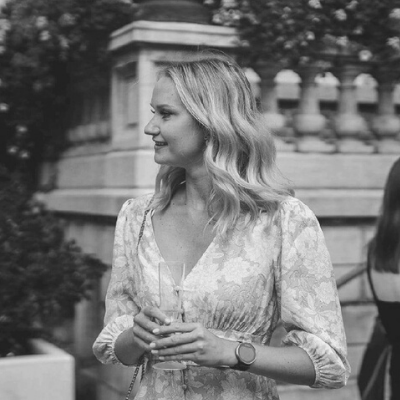
-Sep-01-2022-02-47-55-60-PM.png)
-Nov-22-2023-08-56-42-6802-AM.png)
.png)

Would you like to know more about CIONET Belgium, membership or partnership opportunities? Do you have feedback or any other question? Send us a message!
You can either send us a registered handwritten letter explaining why you'd like to become a member or you can simply talk to us right here!